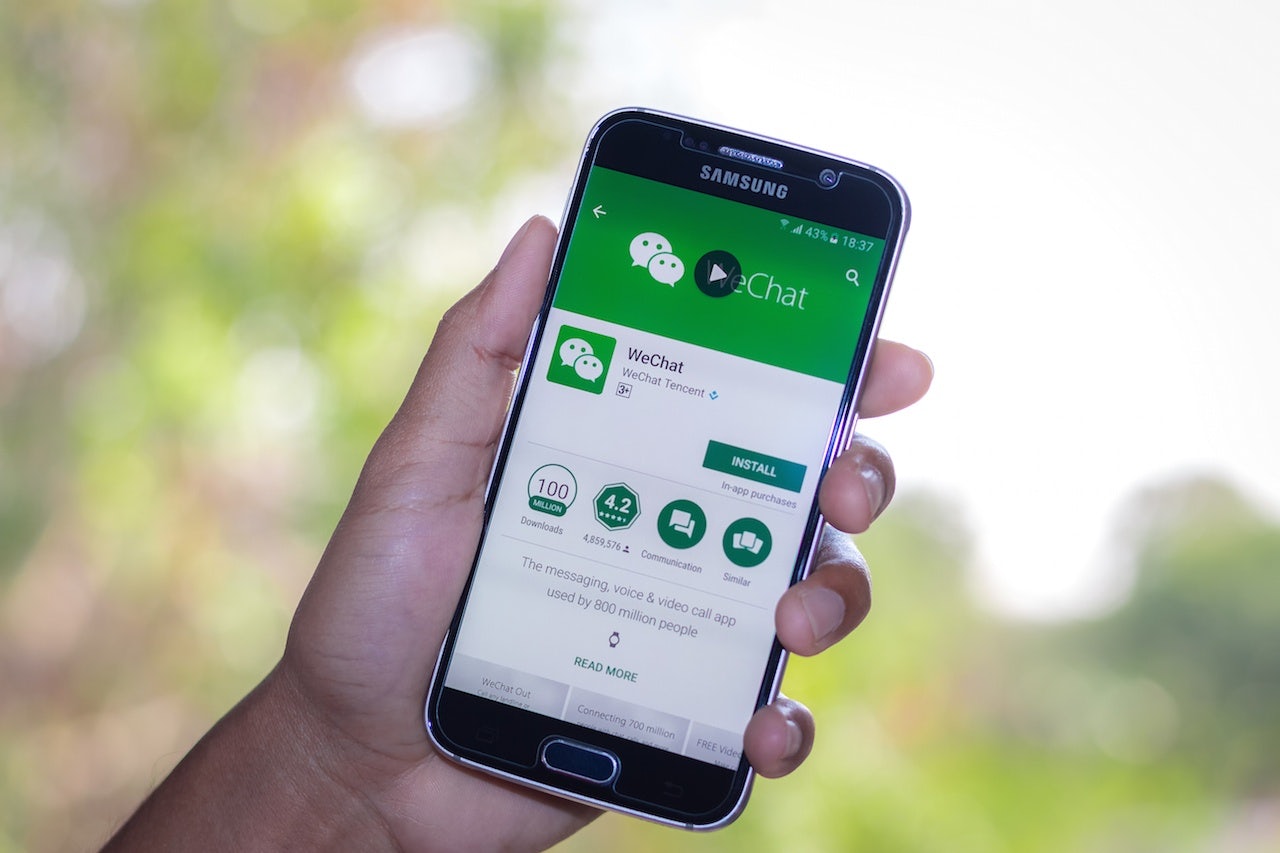It’s not easy for foreign companies to break into China to do business, especially considering the restrictive “Great Firewall” used by the Chinese government to monitor and control the internet. The popular communication and publishing tool, WeChat, has become the latest digital space to be monitored.
In a report by Citizen Lab at the University of Toronto, researchers revealed the various levels of censorship for users in mainland China and for overseas Chinese on WeChat, calling it “One App, Two Systems." The report also shows how the practice of keyword filtering works on WeChat with the latest restrictions.
Since the crack down on VPNs at the beginning of this year, using Gmail or other Google services has become more and more difficult for multi-national companies, for both internal and international communication. Many turned to WeChat as an alternative, but the report warns that group chats and direct messages on WeChat are being increasingly monitored.
What’s more concerning is that censorship is no longer transparent. In the past, users received notification when their message was blocked, but now the message simply disappears without a trace.
Censorship can severely curtail a company's internal communication. The Great Firewall can even block PR and update information provided to subscribers. Moreover, brands operating WeChat public accounts require further regulations and restrictions on content.
On June 8 of this year, WeChat took down 25 public accounts, including the entertainment account of the Hearst-owned, fashion magazine Harper’s Bazaar. The shutdown was an effort to crack down on the magazine's focus on celebrity gossip. The Chinese government justified the blocking of Harper's Bazaar as an effort to “actively propagate core values of socialism, and create a healthy and positive online environment.”
In September, Xinhua Media, a Chinese state-owned publication, published their latest media style guide, coaching fellow journalists and reporters about banned words and phrases to be used with caution. As reported and translated by Sup China, this list covers aspects including politics and society, law, religion, and ethnicity. Here are some of the tips that could be relevant to brands when creating ad campaigns for WeChat:
When reporting on facts, especially products, avoid using phrases that sound definitive and extreme, such as the best [最佳 zuìjiā], the most famous [最著名 zuìzhùmíng], or the most advanced [最先进 zuìxiānjìn].
In press releases, never use phrases such as movie king [影帝 yǐngdì], movie queen [影后 yǐnghòu], superstar [巨星 jùxīng], king of [天王 tiānwáng], dream guy [男神 nánshén], and dream girl [女神 nǚshén]. Acceptable phrases are famous actor [著名演员 zhùmíngyǎnyuán], famous artist [著名艺术家 zhùmíngyìshùjiā], etc.
For brands, the social media crackdown and keyword censorship on WeChat illustrates the need to take extra care in formulating messages and advertisements. It is yet to be seen whether there will be more bans or restrictions directed towards the fashion industry. However, it is unlikely that the Chinese government will ease content restrictions anytime soon, as the Chinese Communist Party expressed the need to “oppose and resist the whole range of erroneous viewpoints” during the 19th National Congress this year.


